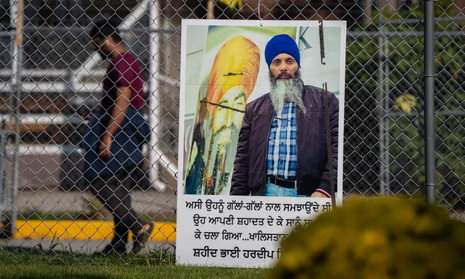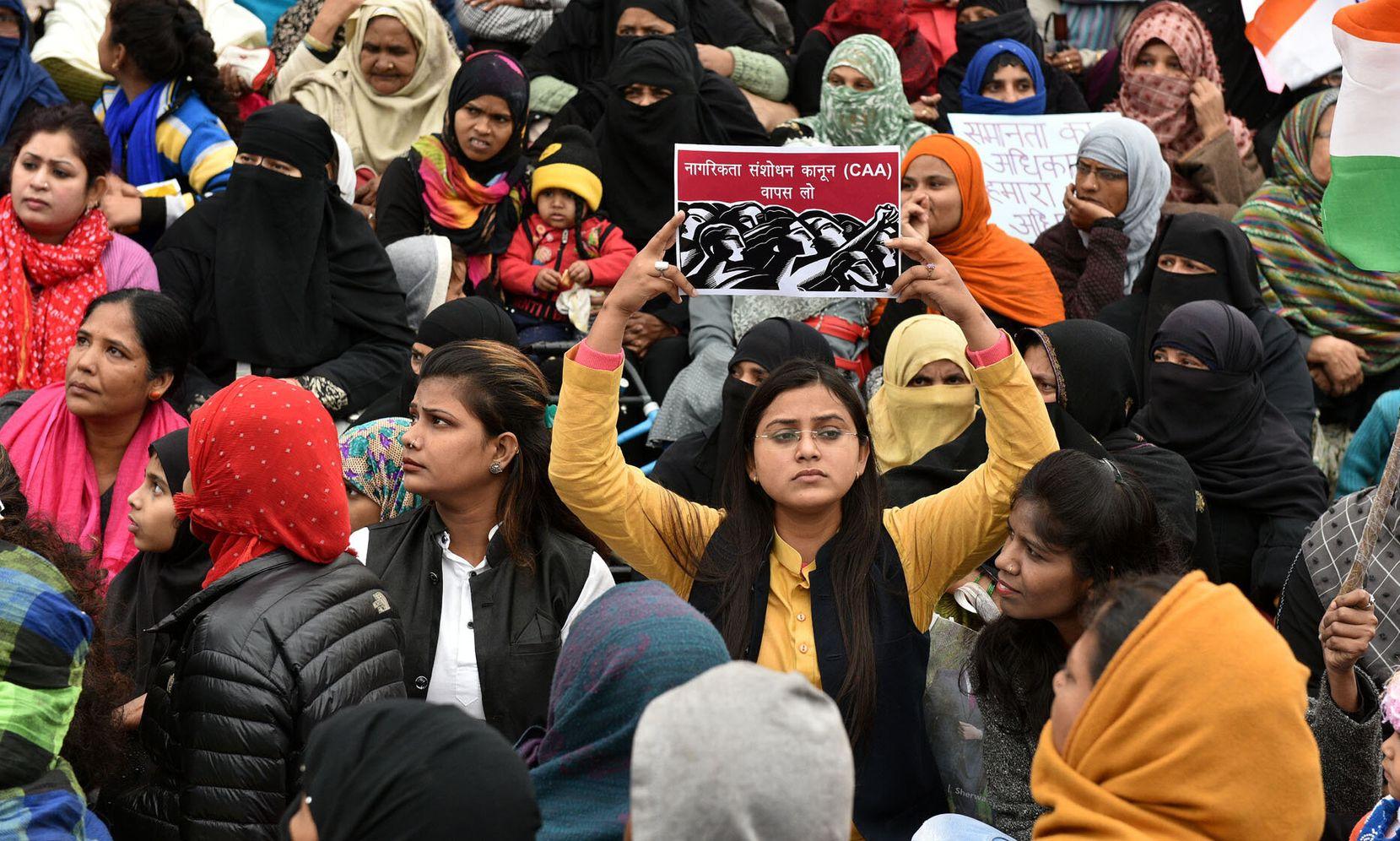
Amid CAA announcement, women protested in 2020 put under house arrest in Lucknow
text_fieldsIn the wake of the announcement of the contentious Citizenship Amendment Act, the UP police have reportedly put the women who spearheaded protests against the CAA in Lucknow during 2020 under house arrest on Friday, March 15th, in an attempt to exert pressure upon them to remain silent.
Among those allegedly subjected to house arrest were the daughters of renowned Urdu poet Munawwar Rana, prominent figures in the anti-CAA movement, according to a report published in The Wire. Uzma Parveen, popularly known as "Lucknow ki Jhansi ki Rani," recounted her ordeal, stating that police officers restricted her movements throughout the day, using her mother's phone to communicate with her as her own was switched off.
Eram Fatima, another key figure in the protests, voiced her frustration at the continuous surveillance and harassment by law enforcement, emphasizing that police presence outside her residence has become a daily occurrence since the announcement of the CAA. She condemned the government's actions, attributing them to an attempt to suppress dissent amid widespread dissatisfaction over various socio-economic issues.
Sumaiya Rana, spokesperson for the Samajwadi Party and daughter of Munawwar Rana, echoed similar sentiments, denouncing the government's tactics as an affront to democracy. Recalling previous encounters with the police, she highlighted the authorities' persistent efforts to stifle dissenting voices, particularly those critical of the CAA.
Furthermore, Uroosa Rana, also a daughter of Munawwar Rana and vice president of the UP Mahila Congress (Central Zone), expressed her dismay at the treatment meted out by the police, characterizing it as an assault on the right to protest. She questioned the government's motives, suggesting that the targeting of protesters reflects a broader agenda to marginalize dissent, particularly from the Muslim community.
In response to these allegations, Uttar Pradesh Police confirmed their presence at the residences of some protesters but denied claims of house arrest. Deputy Commissioner of Police (Central) Raveena Tyagi defended the deployment of officers, citing it as a precautionary measure to maintain law and order.
Tyagi emphasized that no individual was forcibly confined to their homes, asserting that police presence was merely a proactive step to prevent any potential unrest. However, critics remain sceptical, viewing the heightened security measures as an attempt to quash dissent and intimidate protesters.
The backdrop to these events stems from the widespread opposition to the CAA, which critics argue discriminates on religious grounds and undermines the secular fabric of the Indian Constitution. The anti-CAA protests, which gained momentum across the country, including Lucknow, saw significant participation from women and minority groups.
The protests in Lucknow, centred around the iconic Ghanta Ghar, lasted for nearly two months before being halted due to the COVID-19 pandemic. Despite the cessation of physical demonstrations, tensions have persisted, with the recent allegations of house arrest reigniting concerns over freedom of expression and the right to dissent.






















